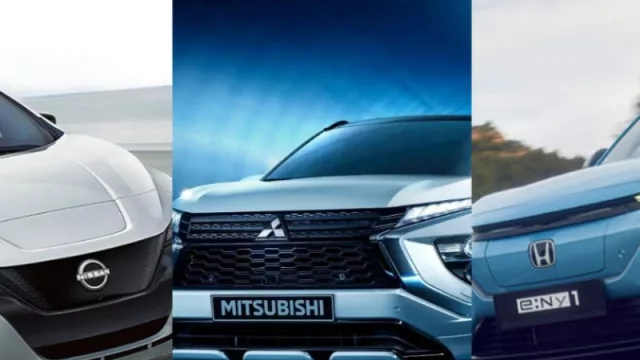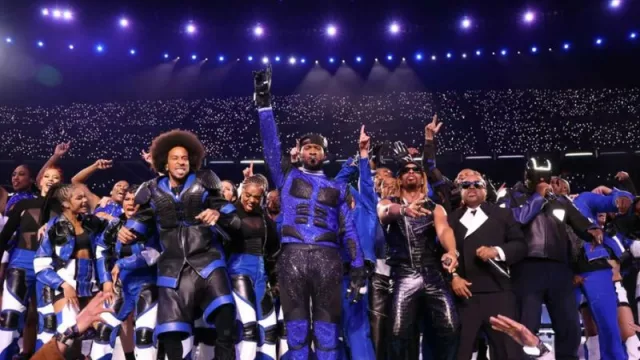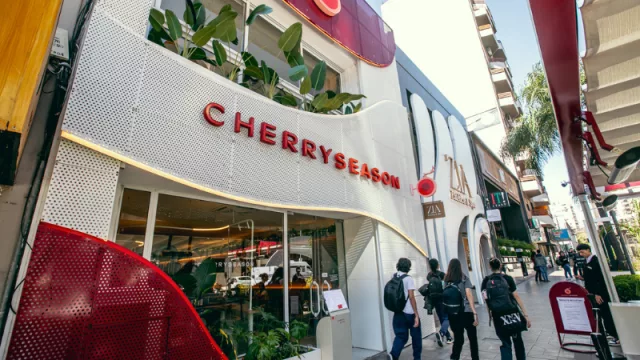The Essence of the Matter
The battle for production scale, market control, cost reduction, and short-term mediocrity versus the pursuit of value, constant disruption, capital risk, and the creation of mega-brands that enhance experiences for continuous improvement and the quest for excellence. It all boils down to these two economic models, which have significant implications for society, politics, power dynamics, and, of course, culture.
Context of the Alliance
The automotive industry, a sector in constant evolution, faces a new challenge: the surge of Chinese cars. As these brands gain a strong foothold in the global market, historical rivalries among Japanese manufacturers have taken a back seat. In this context, Honda, Nissan, and Mitsubishi have decided to collaborate to face a common enemy. This article examines the strategic aspects of this alliance and how it could shape the future of electric mobility.
Chinese brands have experienced impressive growth in recent years, particularly in the electric vehicle segment. Recent reports indicate they have achieved record sales in Europe, causing concern among traditional manufacturers. In response, the union of Honda, Nissan, and Mitsubishi emerges as a logical answer to a competition threatening their dominance. The transformation of the automotive sector encompasses not only electrification but also a revolution in vehicle conception, driven by technological advancements and sustainability demands, prompting these giants to rethink their strategies.
Objectives of the Alliance
Strengthening Competitiveness: The primary motivation behind this union is to enhance competitiveness against Chinese brands. By joining forces, these three companies can combine their resources and capabilities to develop a stronger portfolio that meets current market needs.
Software Standardization: One key focus area is the standardization of vehicle control software. Sharing technology will reduce development costs and improve production efficiency, essential for staying relevant in a market where innovation is imperative.
Range Complementarity: Honda, Nissan, and Mitsubishi each have different strengths and weaknesses. For instance, while Honda does not produce plug-in hybrid vehicles in Japan, Mitsubishi does. By working together, these brands can complement their ranges and offer a more attractive proposition to consumers.
Implications for the Future Market
-
Response to Electrification: The electrification of mobility is a crucial challenge. Chinese brands have made significant strides in this area, leading Japanese manufacturers to reassess their strategies. The alliance could enable Honda, Nissan, and Mitsubishi to accelerate the development of electric and hybrid vehicles, meeting market demands.
-
Increased Production Scale: With a combined production that could exceed 8.5 million units annually, this alliance may result in significant economies of scale. This would not only allow them to compete on price but also invest more in innovation and development, critical areas in today’s environment.
-
Global Market Strategies: The collaboration between these three companies could lead to a more cohesive market strategy. By jointly tackling expansion in emerging markets like Latin America and Asia, they could better leverage their resources and local knowledge, achieving more effective market penetration.
Summary Tips
-
Unity is Strength: Historical rivalries are set aside to face a common enemy.
-
Innovation and Competitiveness: Focus on standardization and complementarity to improve the electric vehicle offering.
-
Production Scale: The alliance will enable brands to optimize costs and resources, enhancing market responsiveness.
-
Value-Added Pursuit: Expanding the real experience of a product and brand by participating in more competitions, events, series, museums, thematic bars, hotels, parks, boutiques, etc.
-
Beyond Assembly Line Production: Increasingly personalized production to add more value.
Conclusion
The alliance between Honda, Nissan, and Mitsubishi is not just a response to the growing competition from Chinese cars but a proactive strategy to redefine the future of mobility in an innovation and sustainability-driven environment. In a world where technology is advancing rapidly, this collaboration may be key to keeping these brands relevant and competitive.
In Japan, these three companies unite not by mandate, control, or statism but freely by conviction, making this alliance particularly special. History has shown that challenges can be disguised opportunities. As Japanese brands unify, they are not only combating an external adversary but also laying the groundwork for a profound transformation in their business approach.
-
Registrate sin cargo, y recibe el newsletter solo dejando tu mail y nombre aquí.
-
Sign Up for Free: Register and receive our newsletter by simply leaving your email and name here. (https://infonegocios.miami/suscribite-al-newsletter)
-
IG: @infonegociosmiami
Infonegocios RED: 4.5 Millones de anglolatinos leyendo diariamente las noticias del mundo de los negocios
Infonegocios RED: 4.5 million Anglophone Latinos reading business news daily.
Contacts: [email protected] or [email protected]












Tu opinión enriquece este artículo: